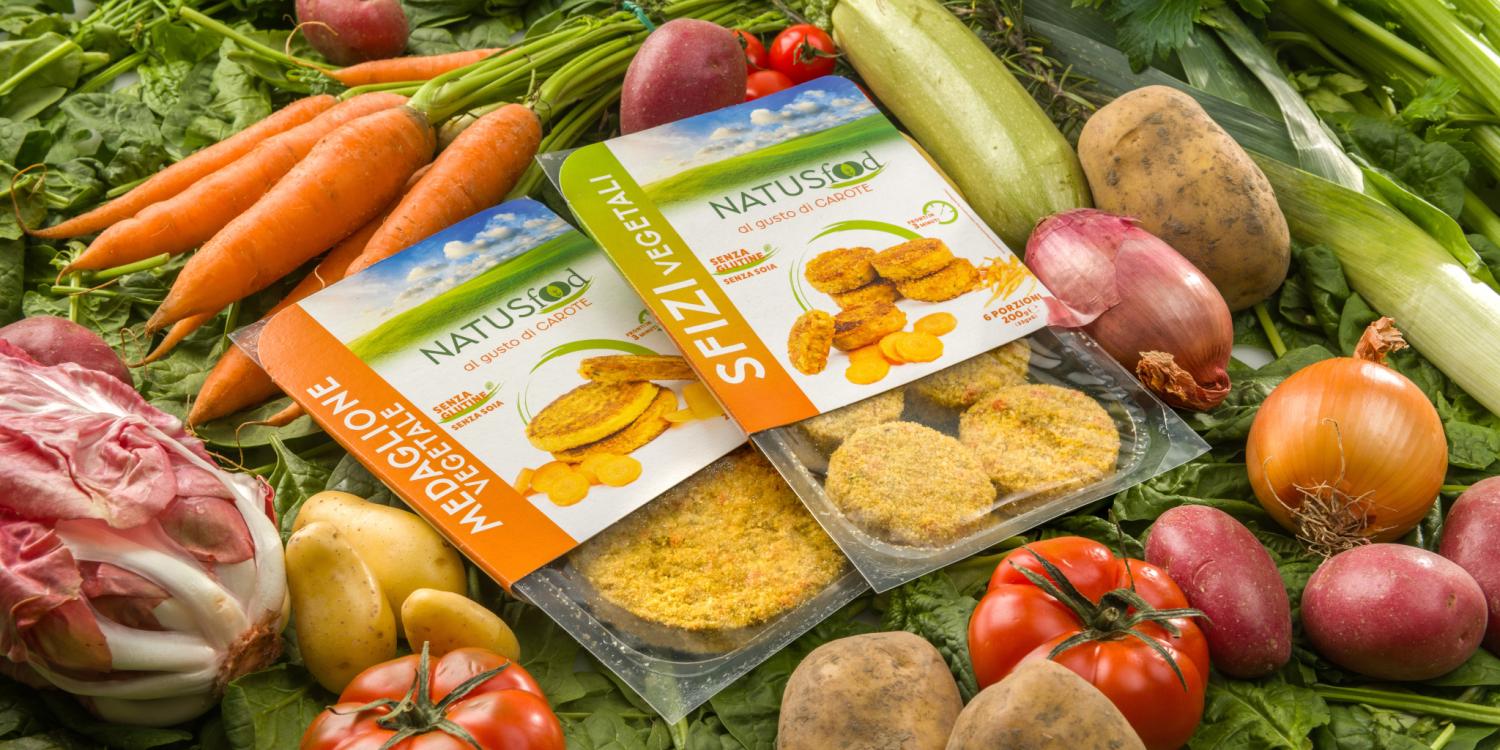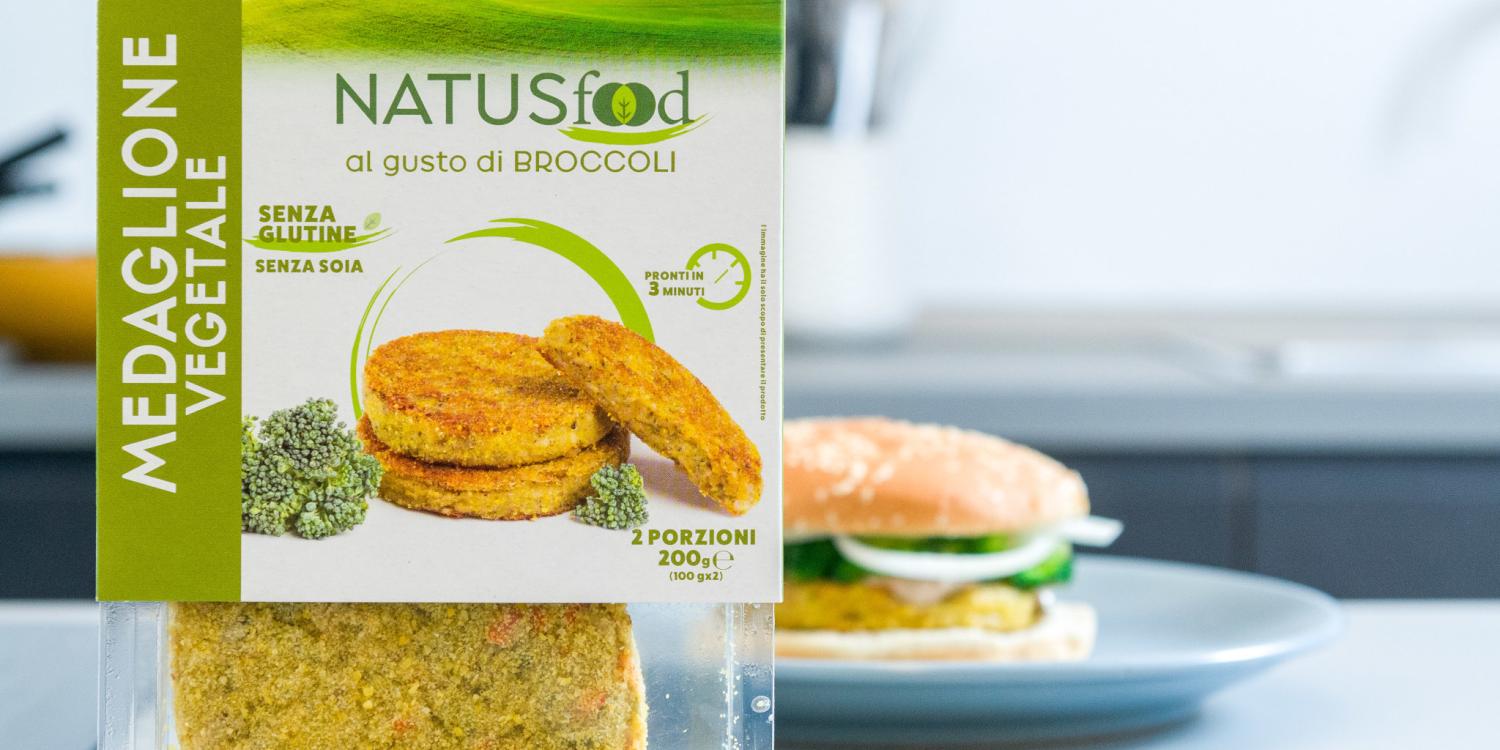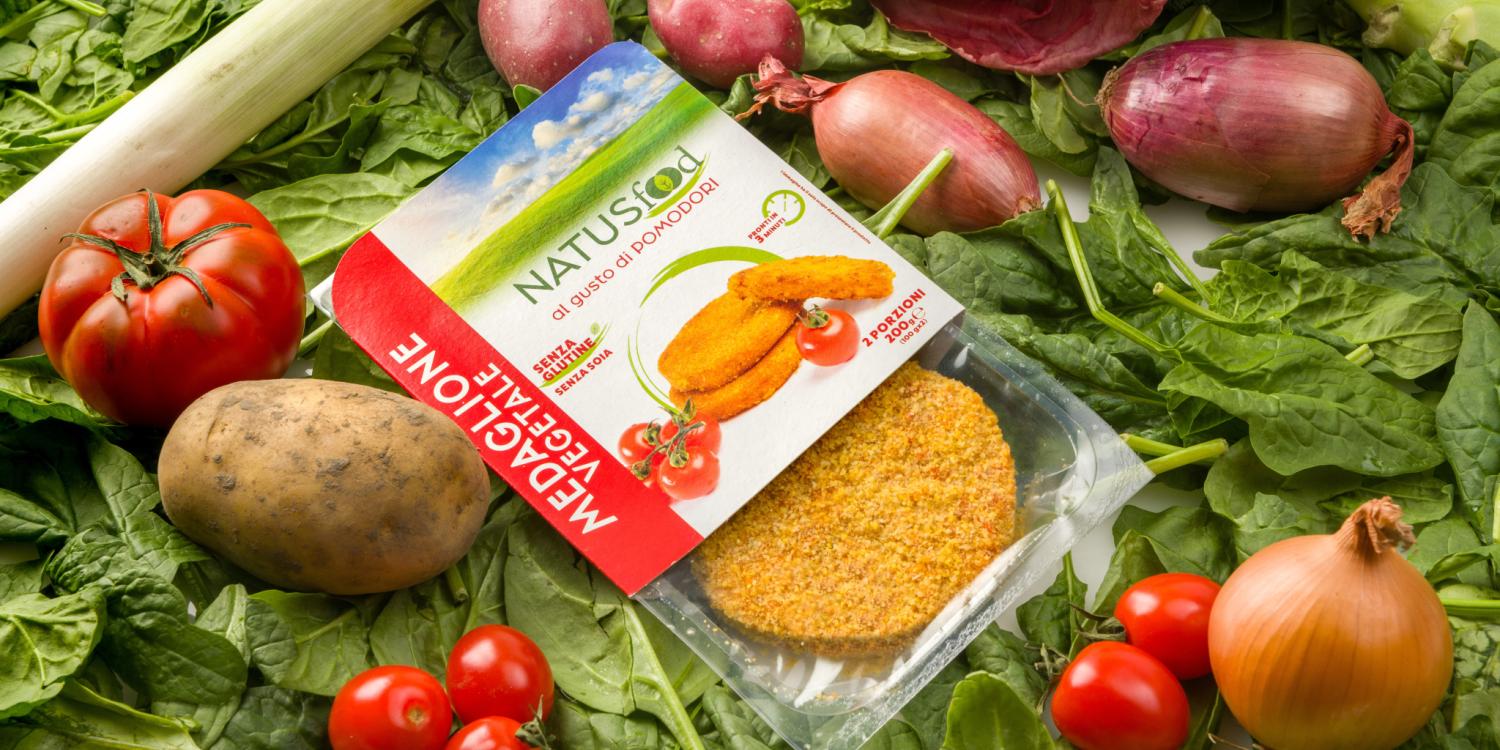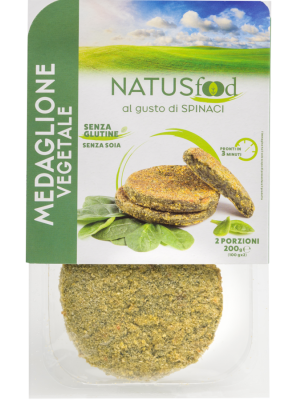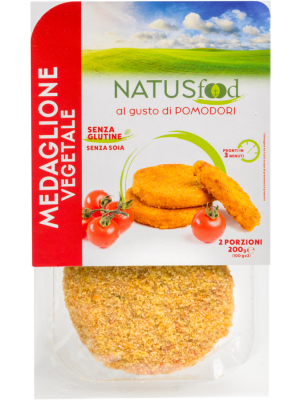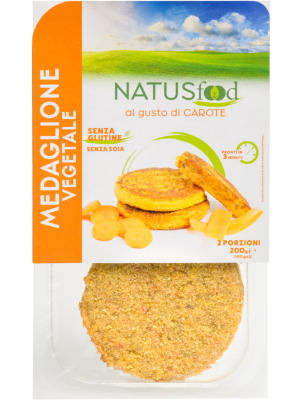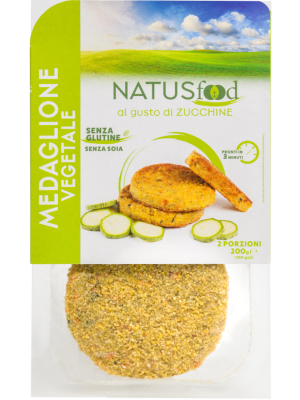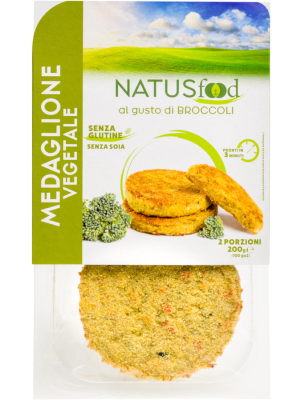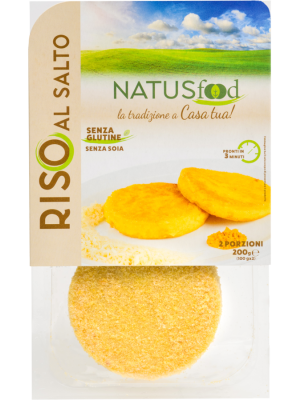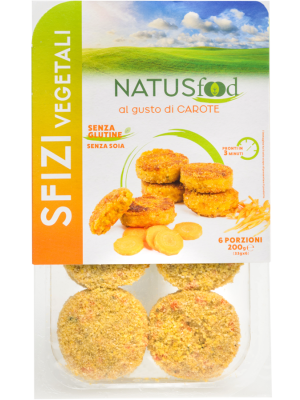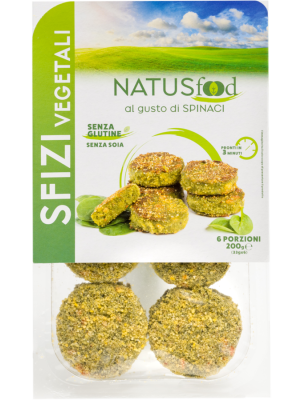Our products
100% vegetable, rich in taste and designed for your well-being and that of the Planet. These are Natus Food products. High-quality, natural and sustainable ingredients to turn every meal into a genuine and never to be taken for granted experience. Eating well has never been so tasty.
Natural goodness
At Natus Food, we combine the richness of culinary tradition with state-of-the-art technology to create sustainable ready meals of the highest quality. The authentic taste and freshness that characterise our products are the result of the passion we put into what we do every day, committed to reducing our environmental impact and promoting conscious food choices.
Our ready meals are authentic, without preservatives because in what you see and, above all, eat ‘there is no trickery... there is no deception’! Only genuine ingredients whose natural flavour is enough to be considered the added value of any recipe. True goodness lies in simplicity.
